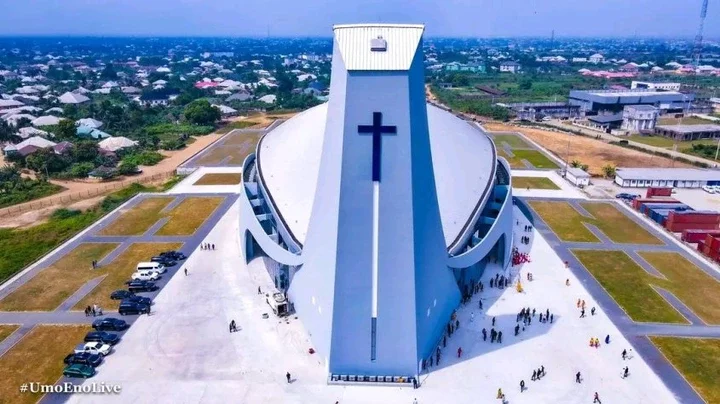
In the heart of Nigeria, Akwa Ibom stands at a crossroads, grappling with the critical question of whether state resources should be channeled into building religious centers.
This debate has intensified following activist, Aisha Yesufu's poignant tweet, "When will we stop investing State resources in religion?"
Her comment was spurred by the trending images of the International Christian Worship Center, a project funded by the Akwa Ibom State Government.
The Core of the Controversy
Iconic photos of the International Christian Worship Center, an impressive structure funded by the Akwa Ibom state government, have elicited mixed reactions.
While some view it as a symbol of faith and pride, others question its necessity amidst pressing societal issues.
Simultaneously, the state, grappling with other challenges like unemployment, environmental degradation, and abandoned road projects, and lack of electricity, raises concerns about the prioritization of such a project.
Weighing Priorities in Governance
Understanding this narrative requires actively considering the government's fundamental roles: ensuring security and providing healthcare and education.
Additionally, fostering economic growth is a crucial aspect of governance.
When these primary responsibilities compete for attention with significant investments in religious projects, it triggers a vital debate about priority and balance in governance.
Akwa Ibom is not an isolated case. Various states across Nigeria have witnessed their governors making similar investments in religious projects.
Although these endeavors might address the spiritual needs of the populace, they often shift attention and resources away from other critical areas.
The situation in Akwa Ibom exemplifies a broader issue in Nigerian governance.
It's a challenging task to balance respecting religious sentiments while addressing the immediate needs of the people.
As Akwa Ibom navigates these complexities, its decisions will significantly impact its current socio-economic state. Moreover, these decisions will set precedents for future governance models.
The ongoing debate in Akwa Ibom about using state resources for religious purposes is critical.
Consequently, it demands a nuanced understanding of governance, where balancing the needs of the people with the desire to uphold religious values becomes paramount.
See more photos below:
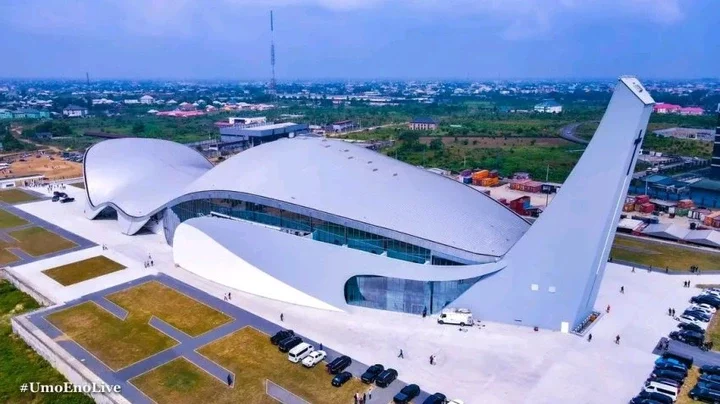
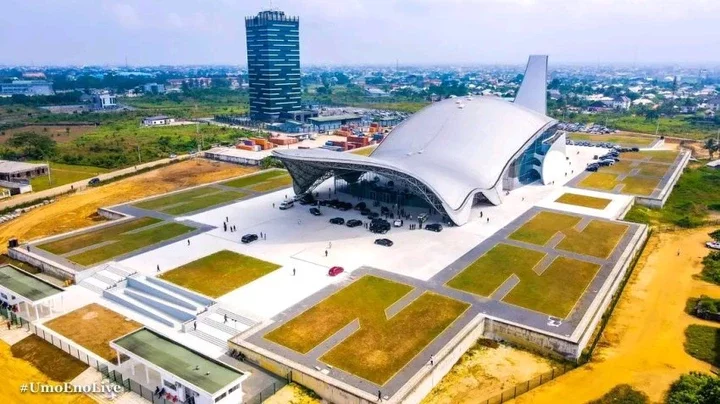


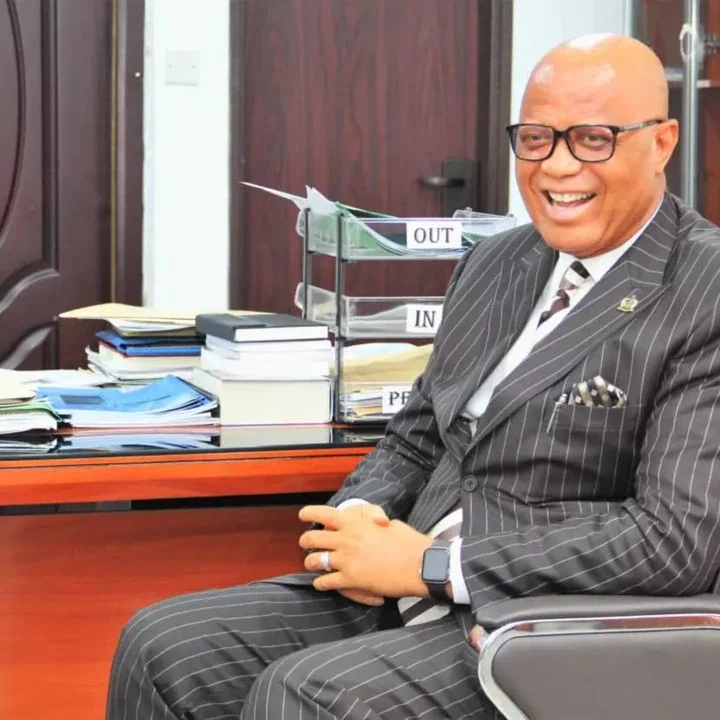

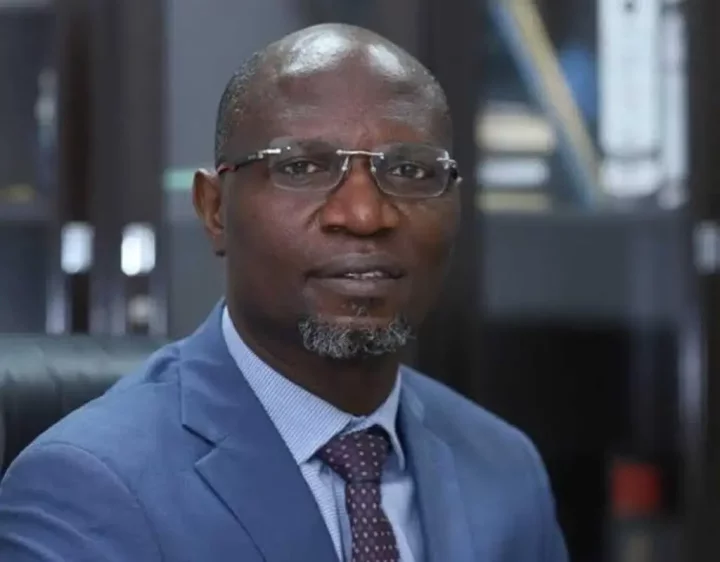
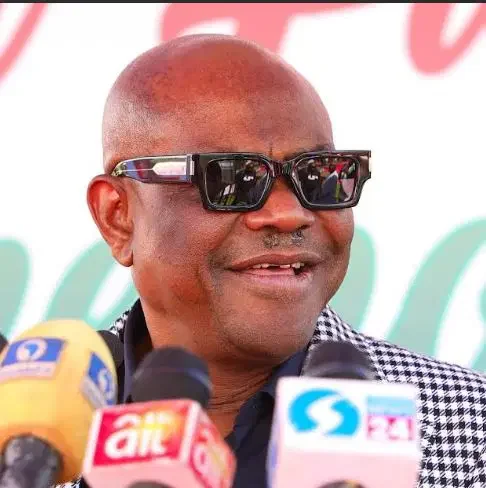
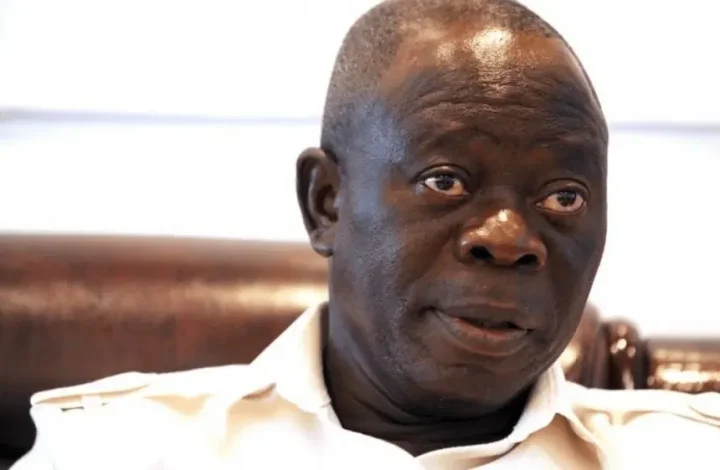
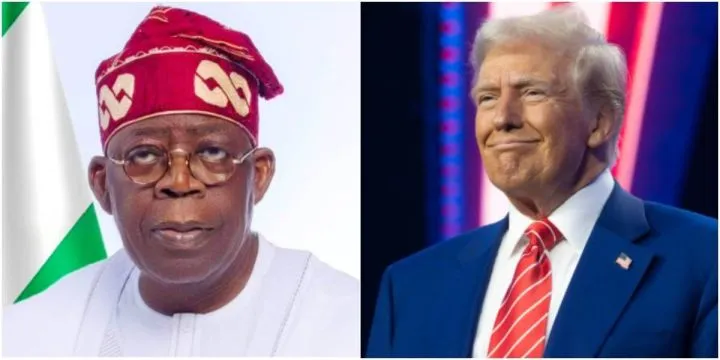

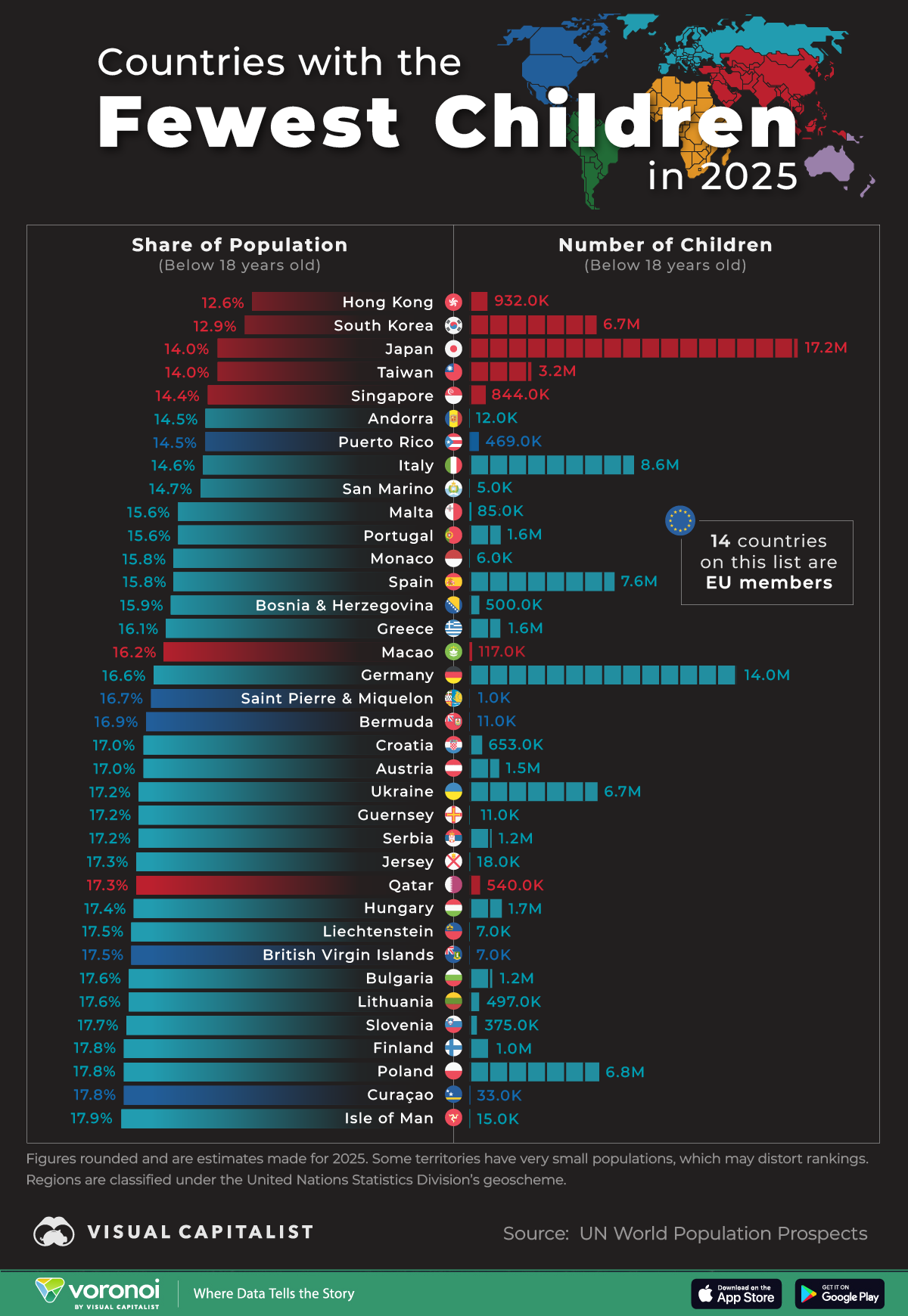


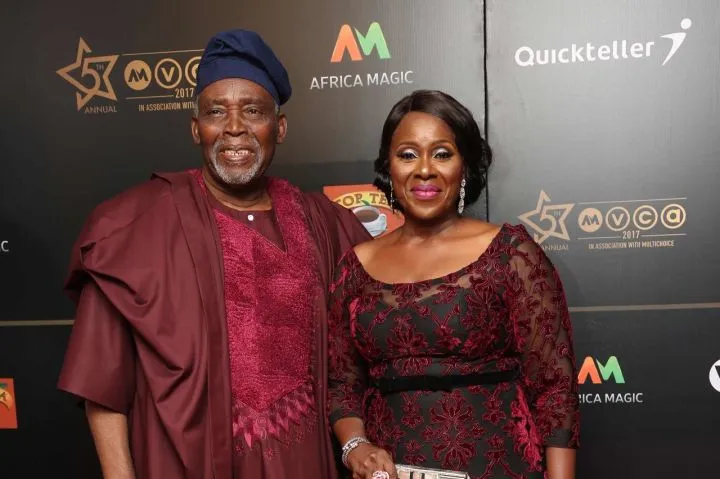

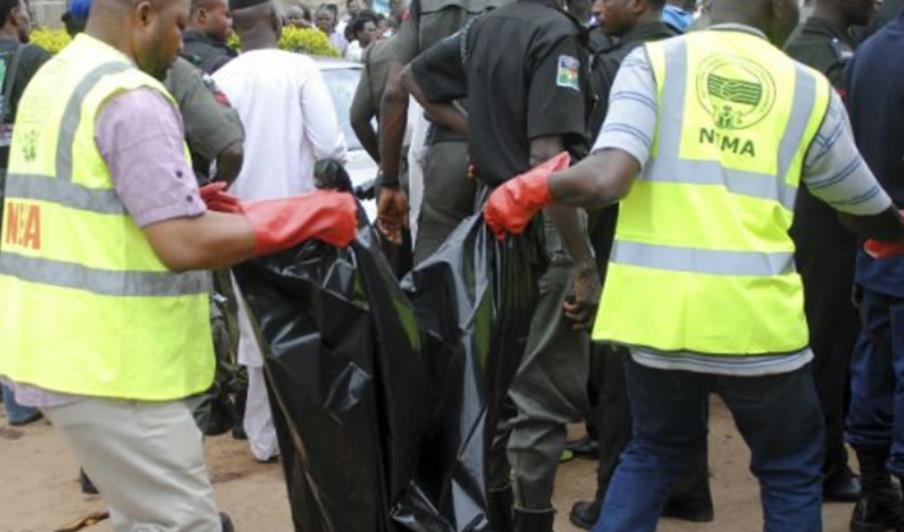



Comments